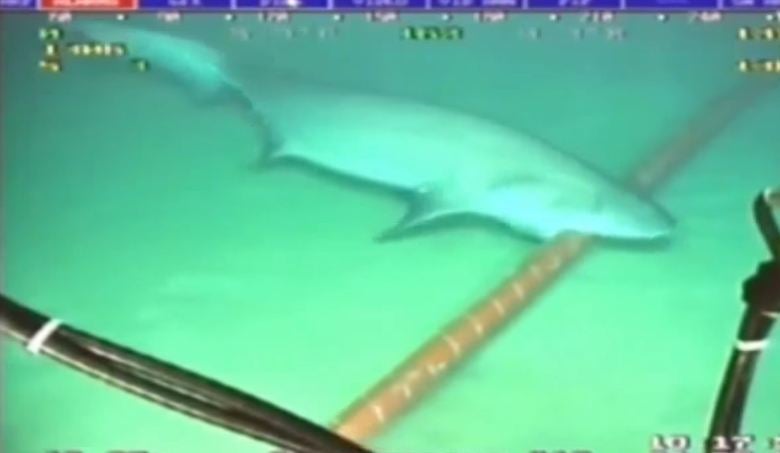Sharks are eating the internet in Vietnam
Undersea cables are being mistaken for food

Your support helps us to tell the story
From reproductive rights to climate change to Big Tech, The Independent is on the ground when the story is developing. Whether it's investigating the financials of Elon Musk's pro-Trump PAC or producing our latest documentary, 'The A Word', which shines a light on the American women fighting for reproductive rights, we know how important it is to parse out the facts from the messaging.
At such a critical moment in US history, we need reporters on the ground. Your donation allows us to keep sending journalists to speak to both sides of the story.
The Independent is trusted by Americans across the entire political spectrum. And unlike many other quality news outlets, we choose not to lock Americans out of our reporting and analysis with paywalls. We believe quality journalism should be available to everyone, paid for by those who can afford it.
Your support makes all the difference.Goddamnit sharks, first you threaten Los Angeles in a giant tornado, and now you've set your sights on the internet?
The underwater trans-Pacific cable that provides internet to much of Southeast Asia saw the latest in a series of ruptures that have blighted Vietnam and other countries in recent months yesterday, causing millions to experience slow or intermittent connections.
While previous theories have included foul play and snagging by anchors, the reason behind the breakages is increasingly thought to be sharks chomping down on the cables.
Indeed videos such as the one above clearly show sharks biting fibre optic cables, perhaps because they mistake electromagnetic waves for bioelectric fields that surround schools of fish.
According to the cable operator Asia-America Gateway (AAG), the ruptures were reported offshore Ba Ria in Vung Tau Province and are now being located.
The 20,000km system required fixing three times last year.
Google went to great lengths to help reinforce undersea cables following a series of shark bites last summer, cladding ones across the Pacific in Kevlar-like material.
Join our commenting forum
Join thought-provoking conversations, follow other Independent readers and see their replies
Comments